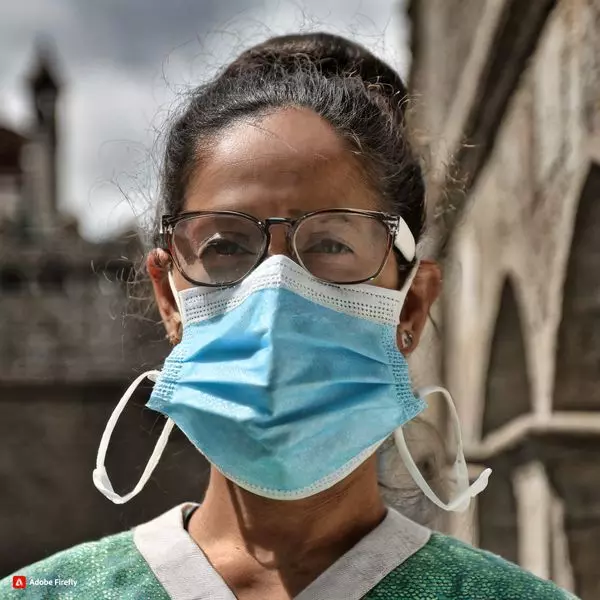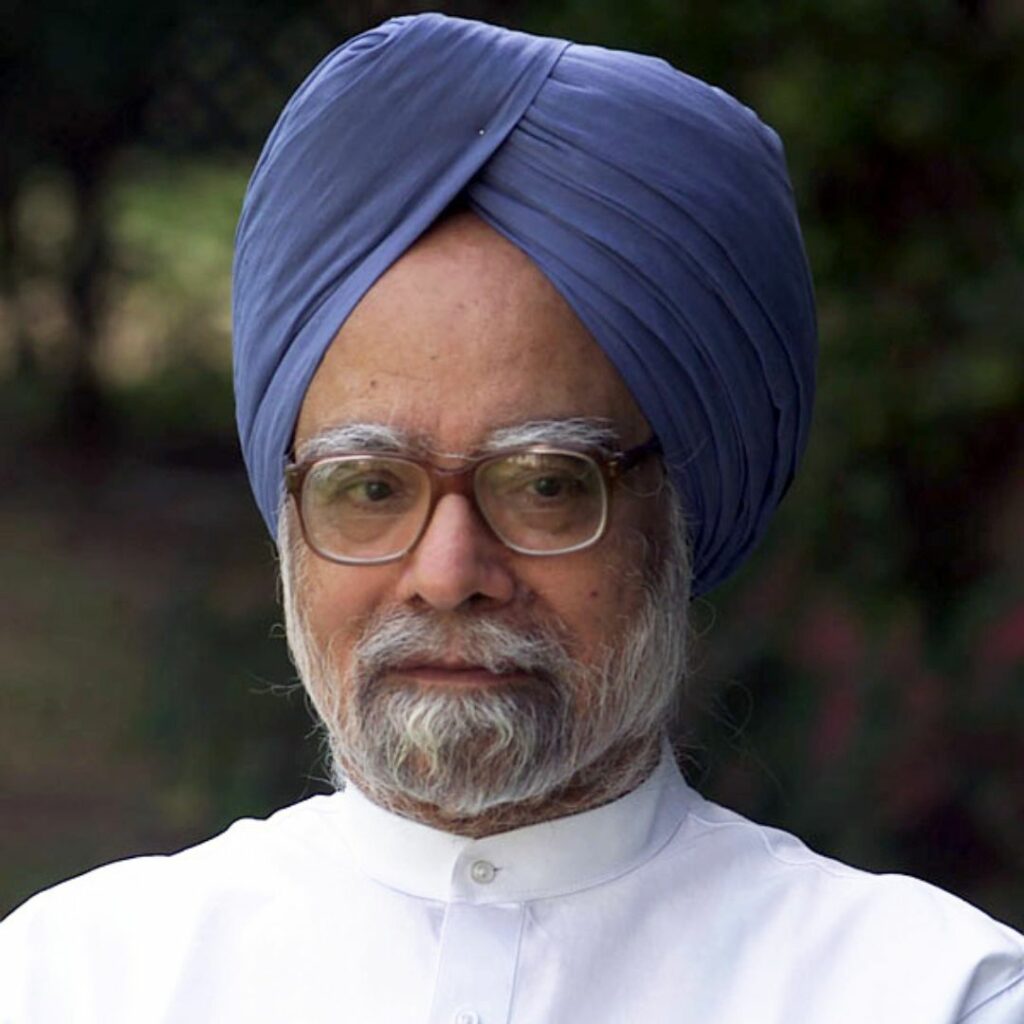Despite a brief respite in air quality last week, hospitals in Delhi are witnessing a surge in patients seeking medical attention for respiratory problems, prolonged coughing, throat infections, and eye irritation.
The national capital endured ‘very poor’ to ‘severe’ air quality for two weeks starting October 28, shrouding the city in a suffocating haze.Intermittent rain on Friday led to a temporary improvement in air quality by over 150 points. However, the relief was short-lived as Diwali celebrations on Sunday saw a rise in pollution levels due to the flouting of the ban on firecrackers.
Doctors from various government and private hospitals have reported an increase in cases of respiratory issues, including prolonged coughing, eye irritation, throat infections, nasal discharge, and exacerbation of asthma. While the Out-Patient Department (OPD) footfalls may have slightly decreased during the festive season, the overall situation remains concerning.
Dr. Suranjit Chatterjee, a senior consultant in Internal Medicine at Apollo Hospital in Delhi, noted, “Perhaps, there was a very small relief period, and that too because it coincided with the festivities. Otherwise, the situation remains the same.”
Dr. Richa Sareen, a Pulmonology consultant at Fortis Hospital, echoed this sentiment, stating, “The three days when the AQI was relatively better coincided with three days of festivities, and people generally avoid going to hospitals during the festive season.”
Cases of respiratory issues persist at Fortis Hospital, with patients experiencing prolonged coughing, eye irritation, throat infections, and other related symptoms.
According to IQAir, a Swiss air quality monitoring company, Delhi earned the dubious distinction of being the most polluted city globally on Monday, following Diwali, with Lahore and Karachi in Pakistan following closely behind.
Dr. Sumit Ray, the medical director and critical care head at Holy Family Hospital, emphasized that sustained improvement, spanning at least ten days, is necessary for cases of chronic obstructive pulmonary disease (COPD) and bronchitis to decline.
Dr. Suresh Kumar, the medical director of Delhi government-run LNJP Hospital, expressed concern, stating, “After Diwali, there has been a 5 per cent rise in such cases coming to our OPDs. The majority of patients coming to the hospital are the elderly.”
As air pollution in Delhi approaches the ‘severe’ category again, relief seems unlikely in the near future. The 24-hour average Air Quality Index (AQI) for the capital worsened to 397, recording a deterioration from 358 on Monday and 218 on Sunday. The city grapples with ongoing air quality challenges, emphasizing the need for sustained measures to address the persistent issue.
Also Read: Financial Regulation Update: Indonesia Set To Cap Fintech Loan Interest Rates











